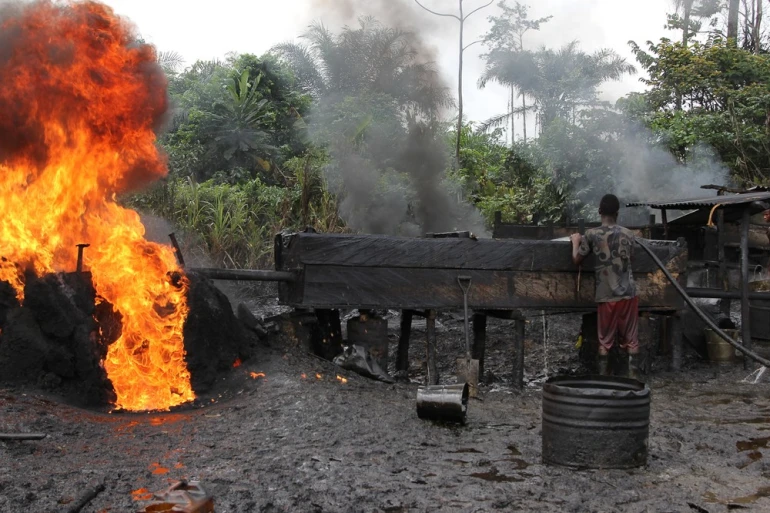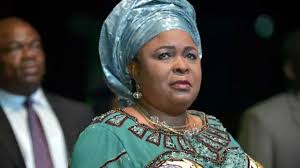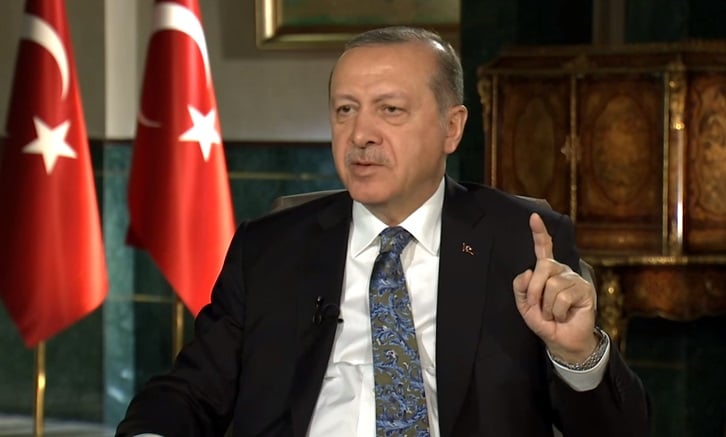Trump's 'Medicine' Approach to Market Turmoil

In a move that has sent shockwaves through global markets, US President Donald Trump has defended his decision to impose sweeping tariffs on imports, asserting that the economic pain is a necessary "medicine" to fix America's trade imbalances. The tariffs, which began with a baseline rate of 10% on all imports and escalated to higher rates targeting specific countries, have sparked widespread concern and predictions of a potential global recession.
Trump's announcement on Wednesday, April 2, 2025, which he hailed as the "day American industry was reborn," has been met with fierce criticism from economists and business leaders alike. The S&P 500 has plummeted nearly 14% year-to-date, while the Nasdaq Composite is down 19%. Asian markets have also suffered significant losses, with Japan's Nikkei 225 down 6% and Hong Kong's Hang Seng Index down 8.6%.
Despite the market turmoil, Trump remains steadfast in his belief that tariffs are the only way to address America's "massive Financial Deficits" with countries like China and the European Union. In a Truth Social post, Trump declared that tariffs are a "very beautiful thing" and vowed to reverse the trade imbalances that he claims have grown under the Biden administration.
Trump's long-standing affinity for tariffs is well-documented, dating back to his first term when he initiated a trade war against China. During his recent campaign trail, he threatened to impose tariffs of over 60% on China and even threatened a 200% tariff on John Deere goods if the company moved its manufacturing to Mexico.
When questioned about the market's reaction to the tariffs, Trump dismissed the concerns, stating, "I don't want anything to go down, but sometimes you have to take medicine to fix something." He added that the US has been "treated so badly by other countries" due to "stupid leadership" that allowed the trade imbalances to occur.
Trump's comments came as global markets braced for further volatility, with US stock futures plunging on Sunday evening. Despite rising fears of a recession, Trump showed no signs of backing down, stating that world leaders are "dying to make a deal" and that the US will no longer tolerate trade deficits.
Treasury Secretary Scott Bessent acknowledged that resolving the trade imbalances would not be an overnight process and that the US would carefully assess any offers. Top economic adviser Kevin Hassett claimed that over 50 nations had approached the White House to start negotiations.
While Trump spent the weekend golfing in Florida, his administration worked to defend the tariffs publicly. Bessent stated that a recession was not inevitable and that the goal was to build long-term economic fundamentals for prosperity. Trump also took to social media to rally support, posting, "WE WILL WIN. HANG TOUGH, it won't be easy."
Billionaire investor Bill Ackman has warned that America is heading toward a self-inflicted "economic nuclear winter" as a result of Trump's tariff policy. Ackman, who had endorsed Trump during the elections, criticized the president for launching a global economic war against the whole world at once, destroying confidence in the US as a trading partner.
Ackman called on Trump to call a timeout for negotiations to resolve unfair tariff deals, warning that the consequences for the country and low-income consumers would be severely negative. He also criticized Commerce Secretary Howard Lutnick for profiting when the economy implodes, creating an irreconcilable conflict of interest.
Reports indicate that some Trump administration officials privately view the tariff barrage as highly risky and perhaps unwise economic policy, but are hesitant to voice their concerns to the president. One GOP mega-donor expressed alarm, stating that they were more worried about the economy under Trump's tariff policies than they would be under a Bernie Sanders presidency.
The conservative American Enterprise Institute has pointed out a math error in the administration's calculations, resulting in the proposed tariffs being four times higher than intended. However, Trump's Secretary of Agriculture Brooke Rollins dismissed the analysis, admitting she hadn't read it.
As the tariffs take effect, Asian markets have tumbled, with Japan's Nikkei 225 plunging nearly 9% and South Korea's Kospi index being halted due to the sharp decline. Trump, however, appeared nonchalant, stating, "I don't want anything to go down. But sometimes you have to take medicine to fix something."
Senior Trump administration officials have given conflicting messages about the tariffs, with some taking an aggressive stance and others suggesting they were negotiable. Meanwhile, a video claiming that Trump was "Purposely CRASHING The Market" was reshared by the president on Truth Social.
Despite the market turmoil and widespread criticism, Trump remains determined to steer the ship straight into widespread economic pain, hoping that the American people will somehow thank him for it.











